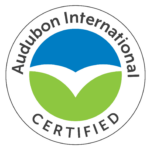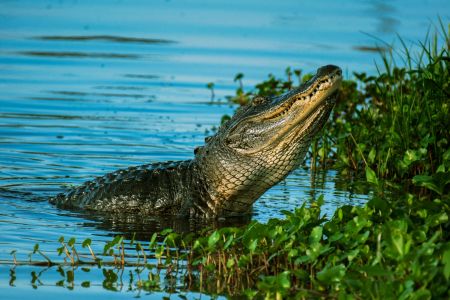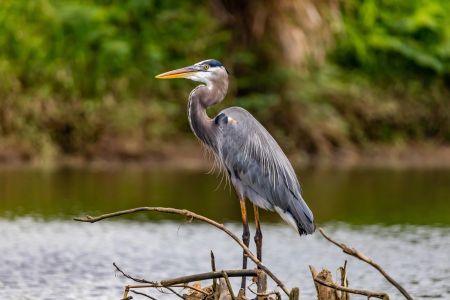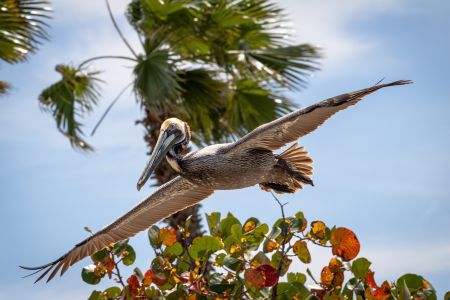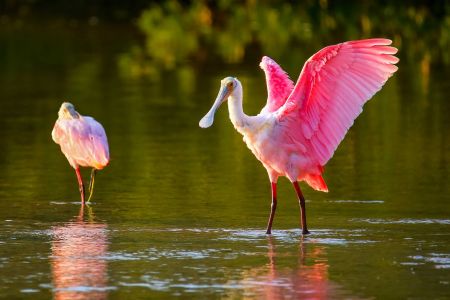"Golf Central Magazine calls the Audubon certified Aquarina course as a "golfers paradise" and cites the club's dedication to the environment. The course "offers golfers a unique opportunity to play golf while embracing the sustainable management of the course and local conservation initiatives"
Audubon International
Aquarina Beach and Country Club is Audubon Certified and adheres to a continuous and rigorous program of environmental planning, wildlife and habitat management, and water conservation.
Certified Audubon Cooperative Sanctuary Golf Courses:
- Demonstrate leadership among golf courses for their environmentally-responsible management practices
- Show a strong commitment to long-term environmental stewardship
- Provide valuable green space for people and wildlife
- Participate with other cooperative sanctuaries across North America in providing habitat for migratory bird populations
- Conserve natural resources for future generations
- Serve as demonstration sites to educate golfers, the public, and golf course professionals about golf course management and the benefits of golf courses
Audubon International Core Beliefs
- The healthy functioning of our planet’s ecosystems — our air, water, and land, and the vast diversity of life on Earth — is worth preserving.
- There are places on Earth where human activity should be limited.
- Maintaining healthy and functioning ecosystems begins at the local level with policies and practices that protect watersheds, promote biodiversity, and sustain natural resources.
- Not only must people take steps to minimize negative impacts to the environment in human-dominated areas of the world, but also strive to enhance the health and functioning of ecosystems where we live.
- Finding a sustainable balance among environmental, economic, and social systems is key to sustaining the quality of life for all of Earth’s inhabitants. Our human communities can and must be balanced within the limits of the natural world.
- By becoming good stewards of the environment, people and organizations can help to protect and sustain the land, water, wildlife, and natural resources around them.
- Scientific information, in conjunction with public participation, should be used to guide the planning, design, development, and management of human communities.
- While laws, rules, and regulatory approaches have been, and can be, important tools for protecting and enhancing our natural environment (ecosystems), voluntary efforts are an effective and essential means to protect and enhance the natural environment as well.
- Effective collaboration and partnerships among nonprofits, governments, businesses, and the public can lead to better environmental decision-making and can improve the quality of our human and natural communities.
